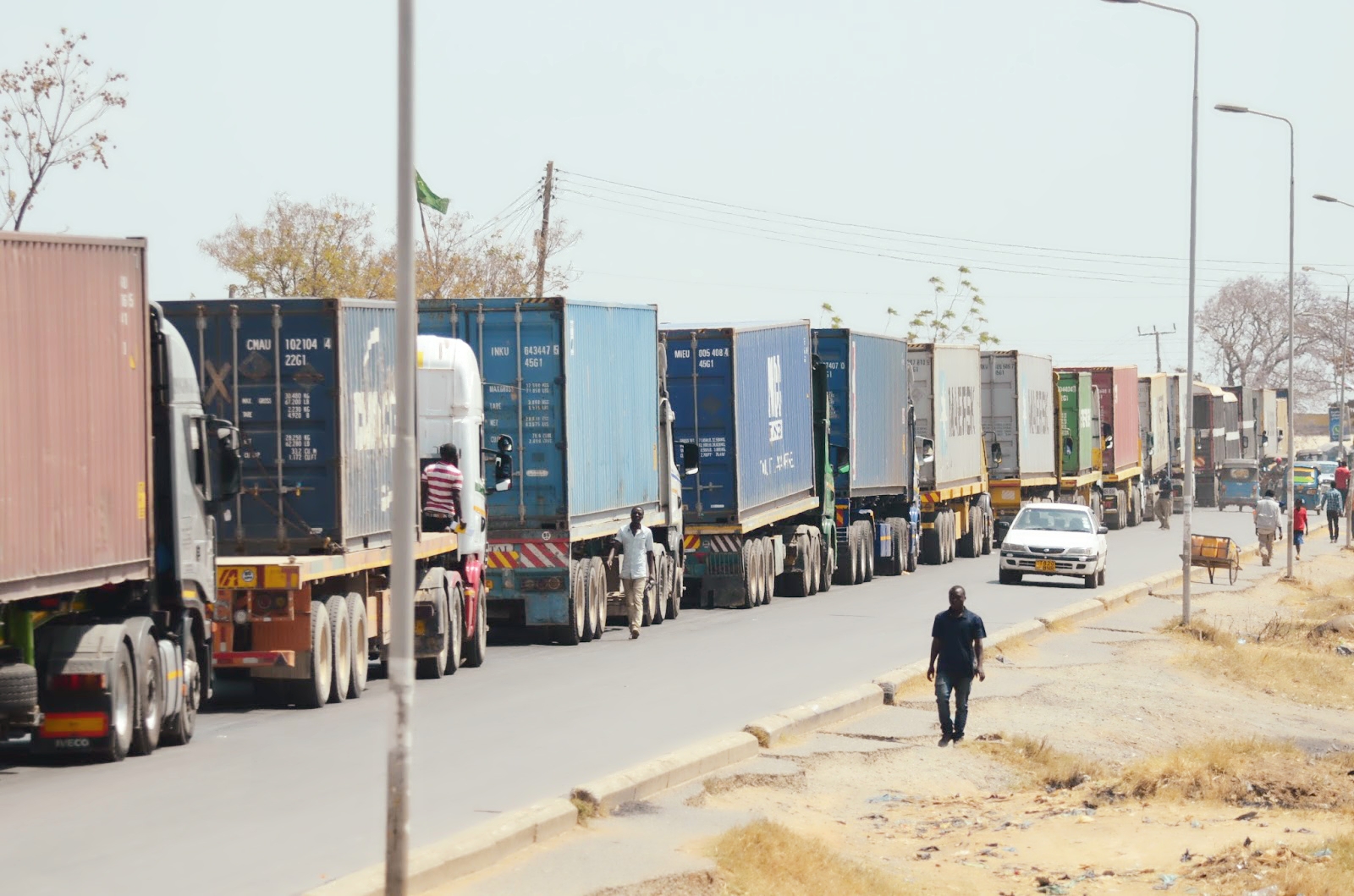At least 56 civilians killed in Sudan clashes

In this file photo taken on December 5, 2022 Sudan's Army chief Abdel Fattah al-Burhan speaking following the signing of an initial deal aimed at ending a deep crisis caused by last year's military coup, in Khartoum. AFP
What you need to know:
- Explosions and gunfire rang out on the deserted streets of Khartoum, according to witnesses, after the paramilitaries said they were in control of the presidential palace, Khartoum airport and other vital facilities.
- Windows rattled and apartment buildings shook in many parts of Khartoum during the clashes, according to AFP correspondents, with explosions heard early Sunday.
Khartoum, Fighting in the Sudanese capital raged into the early hours of Sunday after a day of deadly battles between paramilitaries and the regular army that left at least 56 people dead and nearly 600 wounded.
Explosions and gunfire rang out on the deserted streets of Khartoum, according to witnesses, after the paramilitaries said they were in control of the presidential palace, Khartoum airport and other vital facilities.
Windows rattled and apartment buildings shook in many parts of Khartoum during the clashes, according to AFP correspondents, with explosions heard early Sunday.
"The total number of deaths among civilians reached 56," said the Central Committee of Sudan Doctors, an independent pro-democracy group of medics, adding there were "tens of deaths" among security forces but they were not included in the new toll early Sunday.
The committee said it had counted around 600 wounded including some among security forces and that many casualties could not be transferred to hospitals due to difficulties in moving during the clashes.
Saudi Arabia's flag carrier Saudia said earlier one of its planes, with passengers and crew aboard waiting for departure, was "exposed to gunfire damage".
Bakry, 24, who works in marketing, said Khartoum residents had "never seen anything like" this unrest, which left dark smoke hanging over the capital.
"People were terrified and running back home. The streets emptied very quickly", said Bakry, who gave only a first name.
Weeks of tensions
Violence erupted after weeks of deepening tensions between military leader Abdel Fattah al-Burhan and his deputy, paramilitary commander Mohamed Hamdan Daglo, over the planned integration of Daglo's RSF into the regular army.
The integration was a key element of talks to finalise a deal that would return the country to civilian rule and end the political-economic crisis sparked by the military's 2021 coup.
Created in 2013, the RSF emerged from the Janjaweed militia that then-president Omar al-Bashir unleashed against non-Arab ethnic minorities in the western Darfur region a decade earlier, drawing accusations of war crimes.
UN chief Antonio Guterres called for "an immediate cessation of hostilities" and discussed ways to de-escalate with the Egyptian President Abdel Fattah al-Sisi and African Union Commission Chair Moussa Faki.
He also spoke with Burhan and Daglo urging them "to return to dialogue."
US Secretary of State Antony Blinken also called for a return to talks.
"Fighting between SAF (Sudanse armed forces) and RSF forces threatens the security and safety of Sudanese civilians and undermines efforts to restore Sudan's democratic transition. The only way forward is to return to negotiations," Blinken tweeted Sunday.
The Arab League, following a request by Egypt and Saudi Arabia, is scheduled to hold an urgent meeting Sunday to discuss the situation in Sudan.
Trading blame
Similar appeals came from the African and Arab regional blocs, the European Union, France, Italy, Russia and Iran.
But in an interview with UAE-based Sky News Arabia, Dagalo, who is also known as Hemedti, said, "Burhan the criminal must surrender."
He denied that RSF had started the fight, after Burhan in an earlier statement said he "was surprised by Rapid Support Forces attacking his home at 9:00 am".
The army, on its Facebook page, declared Dagalo a "wanted criminal" and the RSF a "rebel militia", saying there "will be no negotiations or talks until the dissolution" of the group.
The military said it carried out air strikes and destroyed two RSF bases in Khartoum. It said the airport and other bases remain under its "full control", and published a photograph of black smoke billowing from what it said was the RSF headquarters.
The latest deaths, during the Muslim holy fasting month of Ramadan, came after more than 120 civilians had already been killed in a crackdown on regular pro-democracy demonstrations since the coup.
RSF published on Twitter a video showing uniformed men which it claimed were "Egyptian soldiers who surrendered with Sudanese military" in Meroe, northern Sudan.
Egypt's army confirmed "the presence of Egyptian forces" in Sudan for exercises, and said it was following the situation.
Dagalo told Sky News Arabia the Egyptians would not be harmed and would be returned home.
Haggling between Dagalo and Burhan has twice delayed the signing of an agreement with civilian factions setting out a roadmap for restoring the democratic transition disrupted by the 2021 coup.
On Saturday, witnesses reported clashes around the state media building in Khartoum's sister city Omdurman. Others described clashes in the Darfur region and elsewhere.
Chad, which borders Darfur, said it was closing its frontier, "faced with this troubling situation."
Dagalo has said the coup was a mistake that failed to bring about change and reinvigorated remnants of Bashir's regime ousted by the army in 2019 following mass protests.
Burhan, who rose through the ranks under Bashir's three-decade rule, maintained the coup was necessary to bring more groups into the political process.




